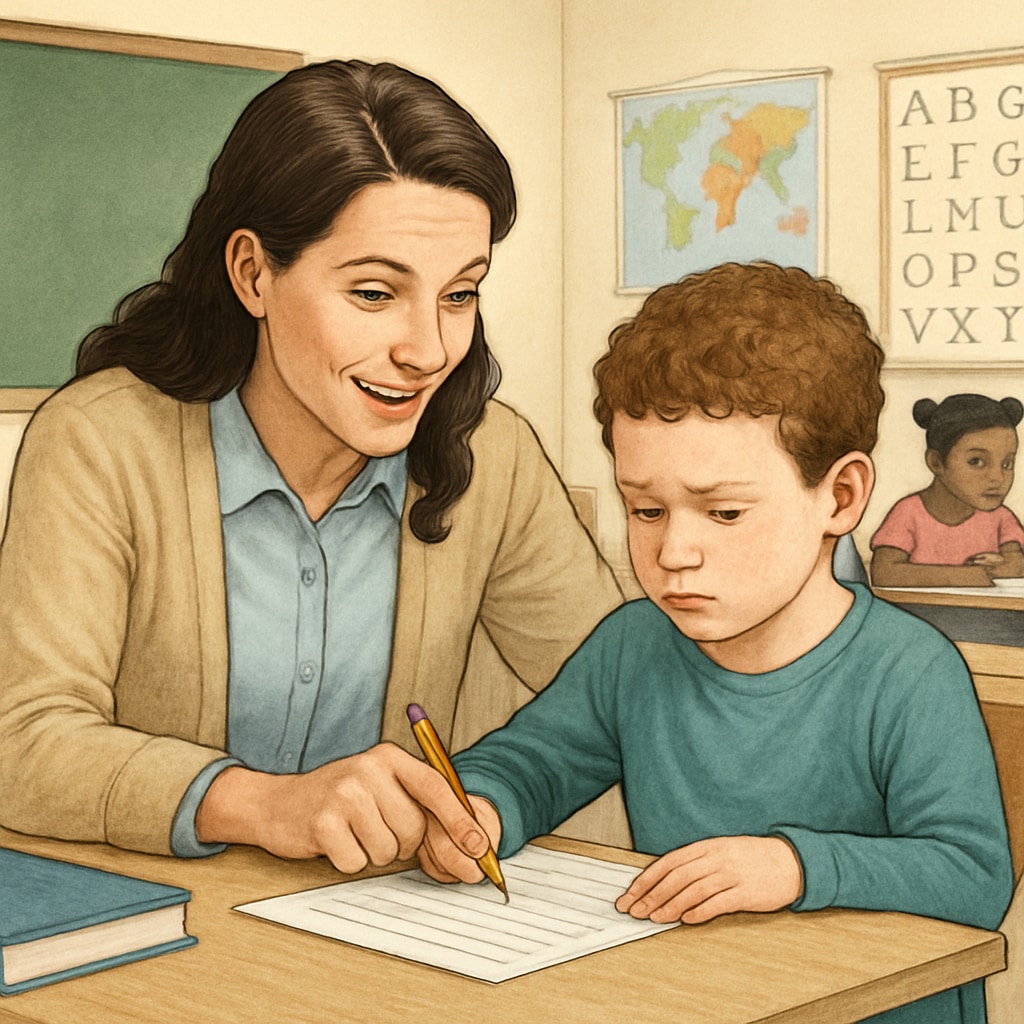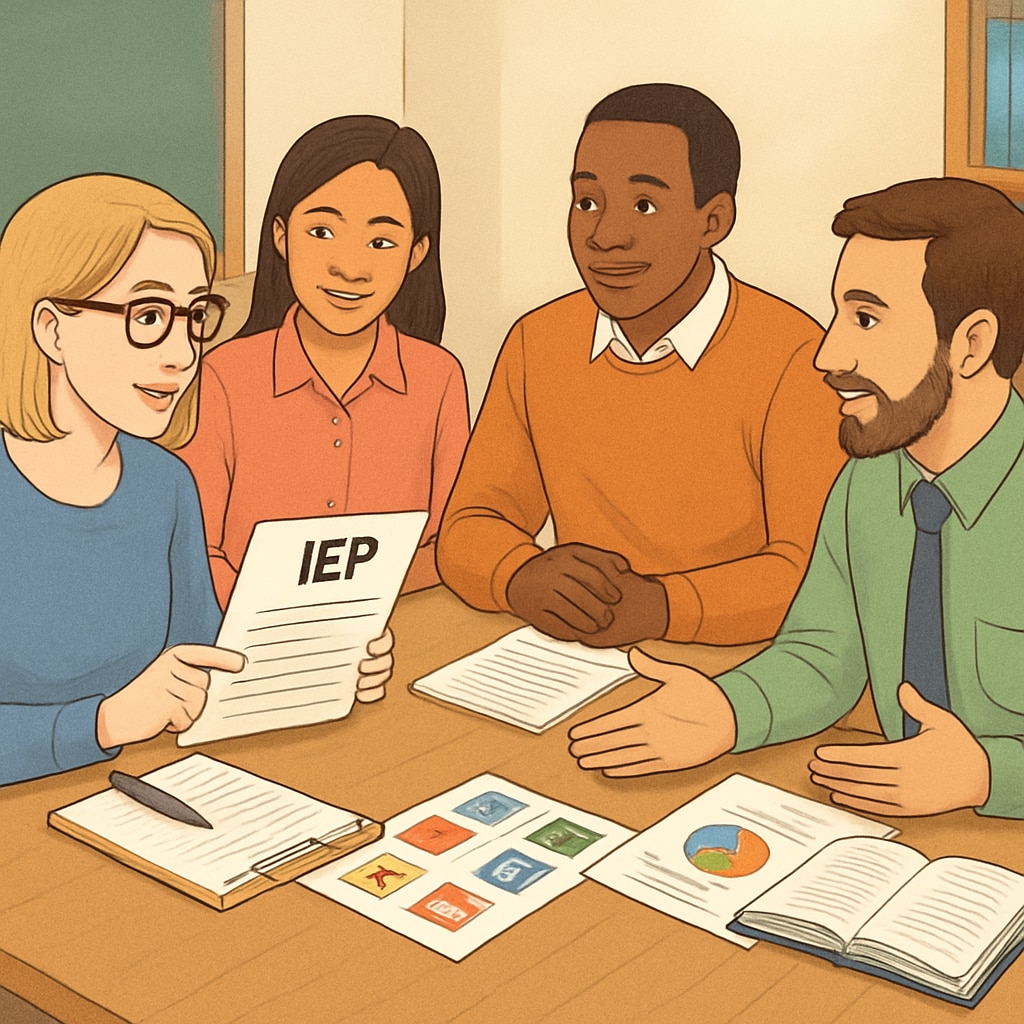Special education, autism, and teaching assistants form the backbone of a supportive learning environment for children with unique needs. Particularly when working with children on the autism spectrum, educators face a combination of silent challenges and rewarding breakthroughs. For those aspiring to enter this field, understanding the preparation required and the realities of the role is essential. This article will explore the necessary knowledge, psychological readiness, and strategies to help teaching assistants excel in special education.
Understanding Autism Spectrum Disorders: The Foundation of Special Education
Before stepping into a special education classroom, it is critical to understand autism spectrum disorders (ASD). Autism is a developmental condition that affects communication, social interaction, and behavior. The spectrum nature of autism means that no two children will exhibit the same traits or needs. For example, some children may be non-verbal, while others can communicate but struggle with social cues.
Teaching assistants must familiarize themselves with the characteristics of autism, including sensory sensitivities, repetitive behaviors, and challenges with transitions. Resources such as the Autism Speaks Foundation and Britannica’s Autism Overview provide comprehensive insights into the condition.

Essential Skills and Training for Teaching Assistants
Working in special education requires a unique set of skills that go beyond standard teaching methods. Key competencies include:
- Patience: Progress can be slow, and repetitive behaviors may challenge even experienced educators.
- Communication: Both verbal and non-verbal communication skills are necessary to interact effectively with children and their families.
- Flexibility: Plans may need to change based on a child’s mood, sensory needs, or unexpected behaviors.
- Empathy: Understanding the perspective of a child with autism helps build trust and foster learning.
Formal training in areas like Applied Behavior Analysis (ABA), sensory integration techniques, and de-escalation strategies can also be invaluable. Many teaching assistants find that participating in workshops or certifications focused on autism adds credibility and confidence to their roles.
Psychological Preparedness: The Emotional Side of Special Education
Beyond technical skills, teaching assistants in special education must prepare for the emotional demands of the job. Supporting children with autism can be both uplifting and draining. It is important to cultivate resilience and practice self-care. Here are some strategies to consider:
- Seek Support: Collaborate with other educators and specialists to share strategies and experiences.
- Celebrate Small Wins: Recognize the progress, even if it seems minor, to maintain motivation.
- Set Boundaries: Avoid burnout by prioritizing your mental health and seeking professional guidance when needed.
It’s also helpful to remind yourself of the immense impact you are making in the lives of these children and their families. Every step forward, no matter how small, contributes to their growth and independence.

Strategies for Success in the Classroom
In a special education setting, structure and adaptability are equally important. Here are some practical strategies for teaching assistants:
- Use Visual Supports: Visual schedules, cards, and cues can help children understand expectations and transitions.
- Maintain Consistency: Predictable routines are comforting for many children with autism.
- Incorporate Sensory Breaks: Allow time for activities that help regulate sensory inputs, such as quiet corners or tactile objects.
- Stay Positive: Reinforce desired behaviors with praise or rewards, focusing on strengths rather than challenges.
Additionally, involving families in the educational process enhances consistency and reinforces learning at home. Regular communication with parents or guardians ensures that strategies align with the child’s needs across different environments.
The Rewards of a Career in Special Education
Despite the challenges, working with children on the autism spectrum is immensely fulfilling. Teaching assistants often witness firsthand how their support enables children to achieve milestones, build relationships, and gain independence. The ripple effect of this support extends beyond the classroom, positively impacting families and communities.
In conclusion, special education, autism, and teaching assistants are interconnected in a way that offers both profound challenges and unmatched rewards. By equipping yourself with the right knowledge, training, and mindset, you can make a meaningful difference in the lives of children and contribute to a more inclusive society.
Readability guidance: Structure the article with short paragraphs and clear headings. Use bullet points and numbered lists to summarize key points. Incorporate transitional phrases such as “for example,” “in addition,” and “as a result” to ensure a smooth reading experience.


